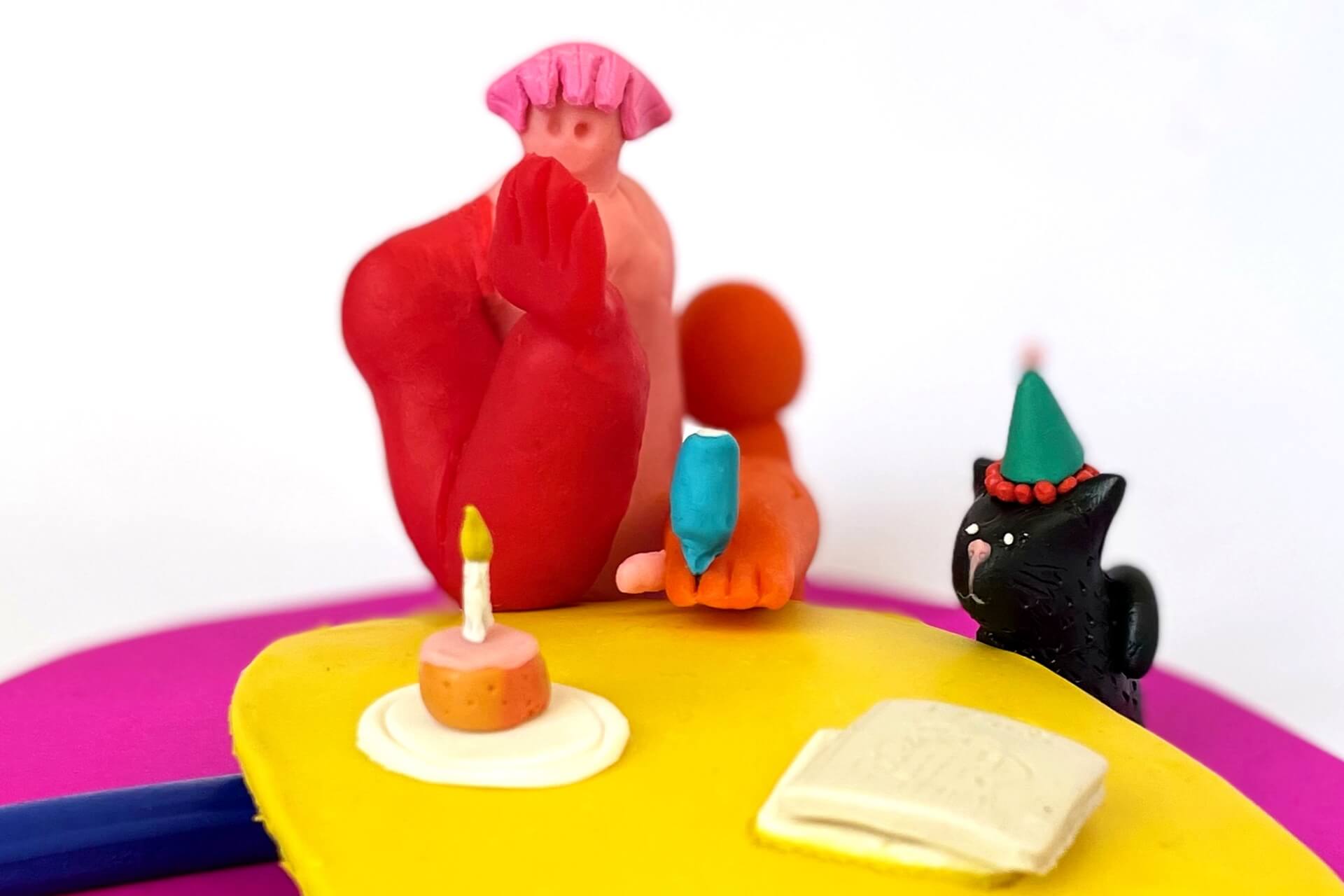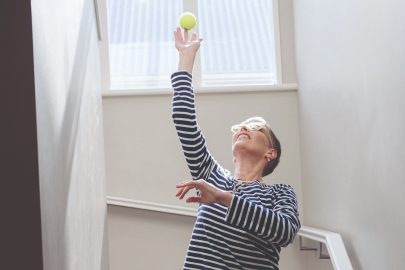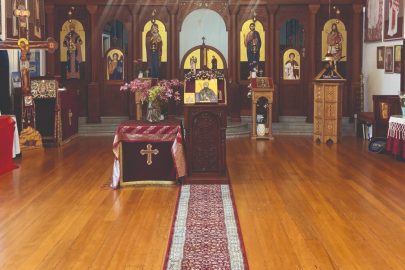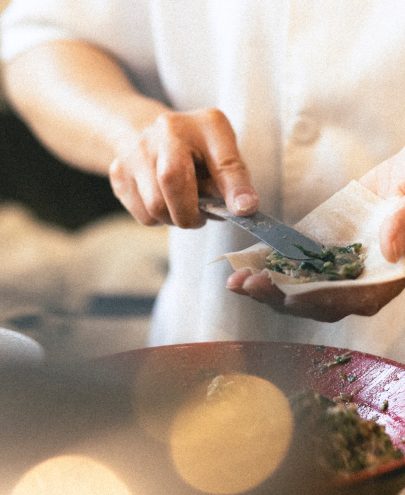Sep 1, 2022 City Life
In a way, we’ve been lucky to experience the various waves of Covid-19 the same way we experience fashion and drugs — a season or two behind Berlin. We felt superior and safe for a year or so, but Covid quickly went from being terrifying in its far-away-ness, to being so common it was like, were you even invited if you didn’t get it?
After two-and-a-bit years of the virus, I’m sad to report that Auckland nightlife, unlike Berlin’s, is in a critical condition. City nightlife has contracted down to a few spaces per subculture. The places that remain do little to stand out among the growing dullification of the inner city. Not so long ago, neon signs along the Karangahape stretch lured in sleaze, but these days you’ll more likely see them hanging like a beacon for suburbanites with a penchant for dining and natural wines. But displaced dirt has to go somewhere.
Just as the Level 3 ‘picnic rule’ gave us a new awareness of our outdoor spaces, the Sunday afternoon in that it was announced Omicron had finally begun its community spread, a light rave had been planned for Potters Park. After a summer waiting for the other shoe to drop, we finally got the moment to exhale. What were we to do? Stay home, just to be safe? Or dance on?
Over the last year I lived alone in a small apartment on Queen St, which, with all the retail and hospitality closures, is becoming a surprisingly quiet residential neighbourhood. You hear a lot of complaints about the crime-ridden inner city, but the alleyway I looked out on to never got any more hectic than a stolen Beam ride and a rubbish truck in the small hours. Everyone would ask how I could stand the noise downtown, and I always had to say that it was easy: it was just not where many people were anymore.
One night during lockdown, after draining my emergency beers while doing laundry, I stood in the bathroom as the lights from the washing machine flickered, making waves in my double-vision. I turned the techno in my headphones all the way up and shut the door on myself, dancing for hours in a deep hole of the universe, not a planet in sight. Was I alone in finding isolation led quickly to the delusion? To a different kind of freedom? To dancing in the dark? Even when we were finally let out again, would isolation pervade?
Auckland has long had a comfortable relationship with drug culture. The waves of popularity of MDMA, acid, cocaine and ketamine have always seemed to reflect a strong desire for unpredictability. A friend who found the ketamine experience a little too real told me that, as she saw herself in the mirror after puking in the bathroom sink, she said to her reflection, “I know what this is and I don’t want it.”
“It’s like watching time get stretched further and further away from reality,” she told me. The same can be said about living by yourself in a silent city over lockdown.
Is it any easier to suspend your reality when sober and alert, though? Artists under lockdown creatively turned to digital spaces to recreate the experience of clubbing — a world built for the purpose of losing yourself in time and space. For Berlin’s CTM festival, the Club Matryoshka collective ran a project on Minecraft, featuring DJs like Mary Anne Hobbs soundtracking the experience. You could join online from anywhere, via Discord, and by filling out a form to declare yourself “good vibes”, replicating the strict door codes of the world’s superclubs.
The enormous set could be explored like a game; you learned how to jump up on ledges and find new rooms and stages. Less like going out to a club, more like interacting with a massive art piece. You can watch recordings on Twitch of the DJ sets, with clubgoers’ avatars running around — though none of them, unfortunately, is grinding on anyone else.
I’d sat apart on my picnic blanket that afternoon at Potters Park, watching from the back, thinking about my choices. Do I get up for the last chance I might have to dance for however long, or is the crowd rife with virus particulates? In the end I didn’t hear of anyone getting sick from it, but I hung back anyway, observing, listening, watching it play out like a performance, rather than a dance floor.
The nearest liquor store on Dominion Rd had run out of beers, so I regrettably sipped my last warm Kingfisher Strong, wondering, as Jess Fu played us out with Donna Summer’s ‘Last Dance’, what everybody was doing here.
Being in the crowd felt enough like limbo, like the final episode of Lost, everyone back together for a last hurrah. To say goodbye to jumping around on the grass, getting to wear a look and dancing in front of a DJ booth. As the sun set on Donna Summer, the hipster parents with their babies and the arty kids with their dogs all heading home before 11.59, the answer was simple, really. We just wanted somewhere to go.
Auckland’s intersecting pressures — Covid, yes, but also high rents, poor infrastructure and a lack of belief that social life can compete with commercial life in the city — has forced nightlife into many new forms. Sitting back, watching the different shapes Auckland takes in the shadows of the night, can show us what people really think, who they really are. So, from the pressure, diamonds.
–






